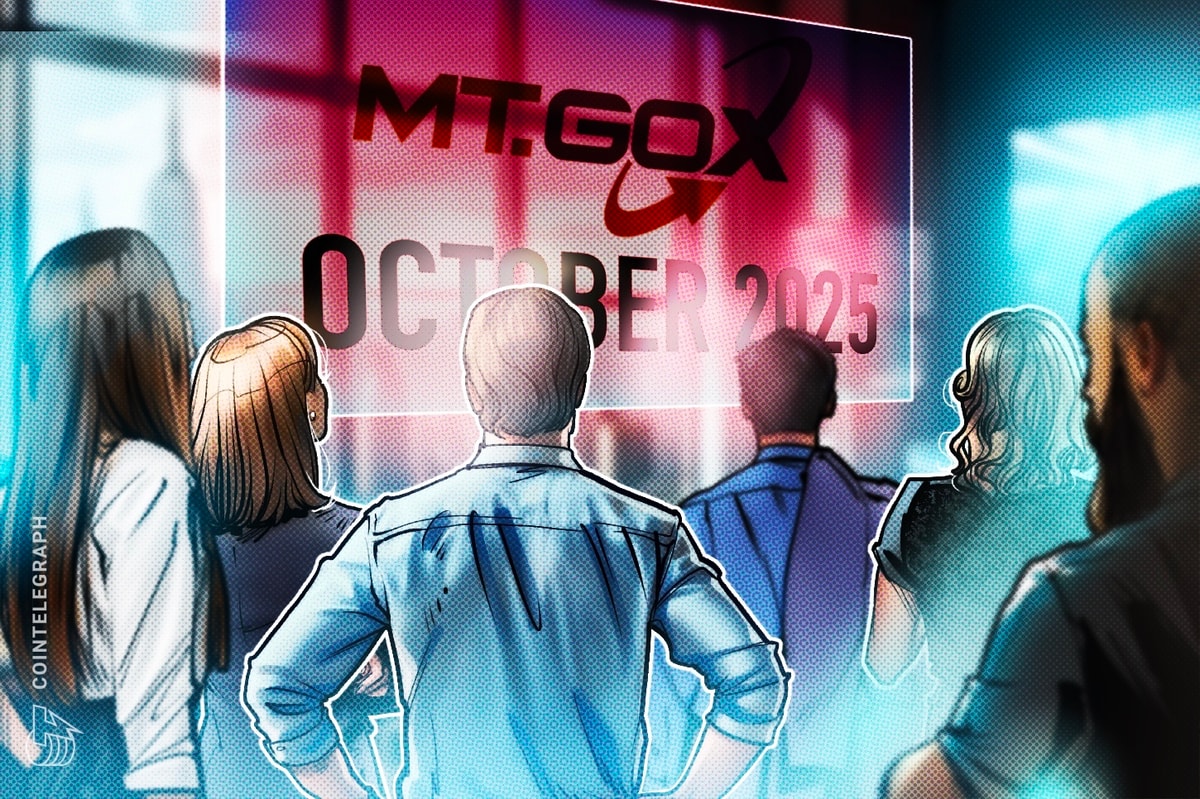Defunct crypto exchange Mt. Gox has postponed the deadline to repay its creditors by a year, pushing the due date to return funds to Oct. 31, 2025.
According to an official announcement, “many rehabilitation creditors still have not received” their repayments after not completing the required procedures.
The platform was one of the earliest crypto exchanges in the world and, at one point, handled about 70% of all global Bitcoin (BTC) transactions. It faced a series of security breaches and unnoticed hacks that led to a halt in withdrawals and its eventual collapse in 2014, locking the funds of about 127,000 users.
Mt. Gox wallets balance history. Source: Arkham Intelligence
In July, the trustee managing Mt. Gox assets began distributing around $9.4 billion in funds to creditors. At the time of writing, wallets linked to the exchange were still owed $2.8 billion in assets, according to data from Arkham Intelligence. Mt. Gox trustee Nobuaki Kobayashi said in a statement:
“[...] many rehabilitation creditors still have not received their Repayments because they have not completed the necessary procedures for receiving Repayments. Additionally, a considerable number of rehabilitation creditors have not received their Repayments due to various reasons, such as issues arising during the Repayments process.”
Issues during the repayment process included double deposits to some users due to a “system issue.” The exchange later admitted the error and demanded users to return the overpaid funds.
The Mt. Gox repayment process has raised significant concerns about its potential impact on Bitcoin prices. By the end of July, more than 41.5%, or 59,000 BTC, had been redistributed to creditors. At the time, a report from analytics firm Glassnode showed that creditors were steadily holding around $4 billion in funds.
The collapsed exchange is returning a total of 141,686 Bitcoin to creditors alongside Bitcoin Cash (BCH) and fiat currency after a decade of waiting and court battles in Japan. Bitcoin price sits at $62,926 at the time of writing, up 5.3% over the past 24 hours.
Magazine: Deposit risk: What do crypto exchanges really do with your money?








